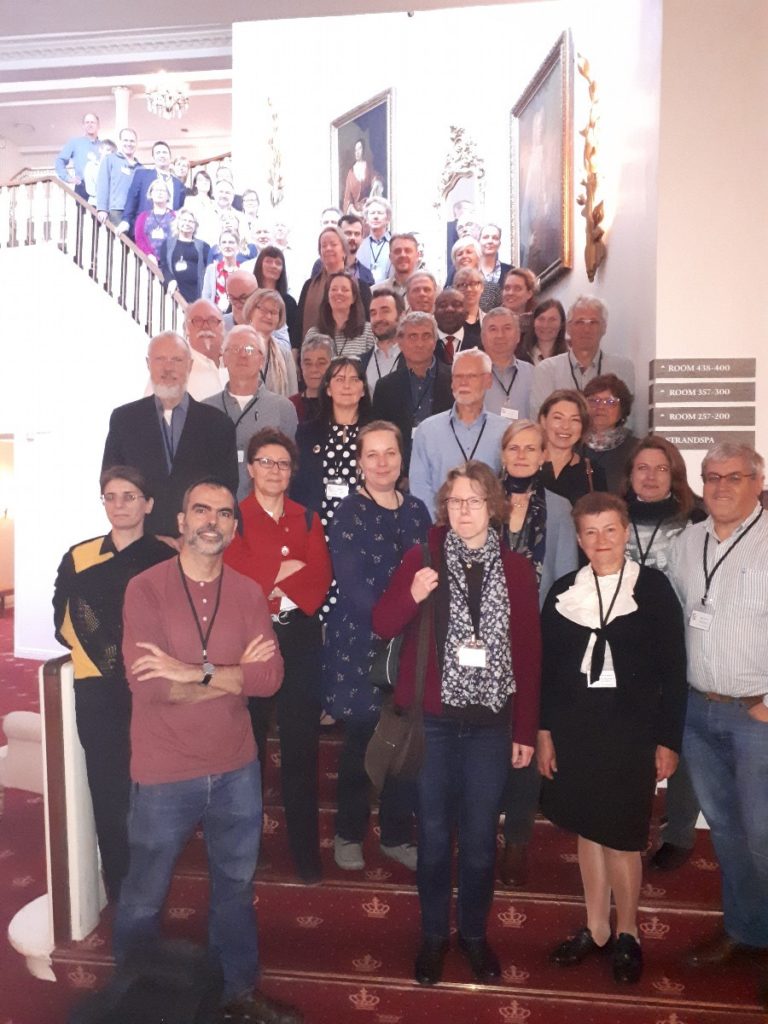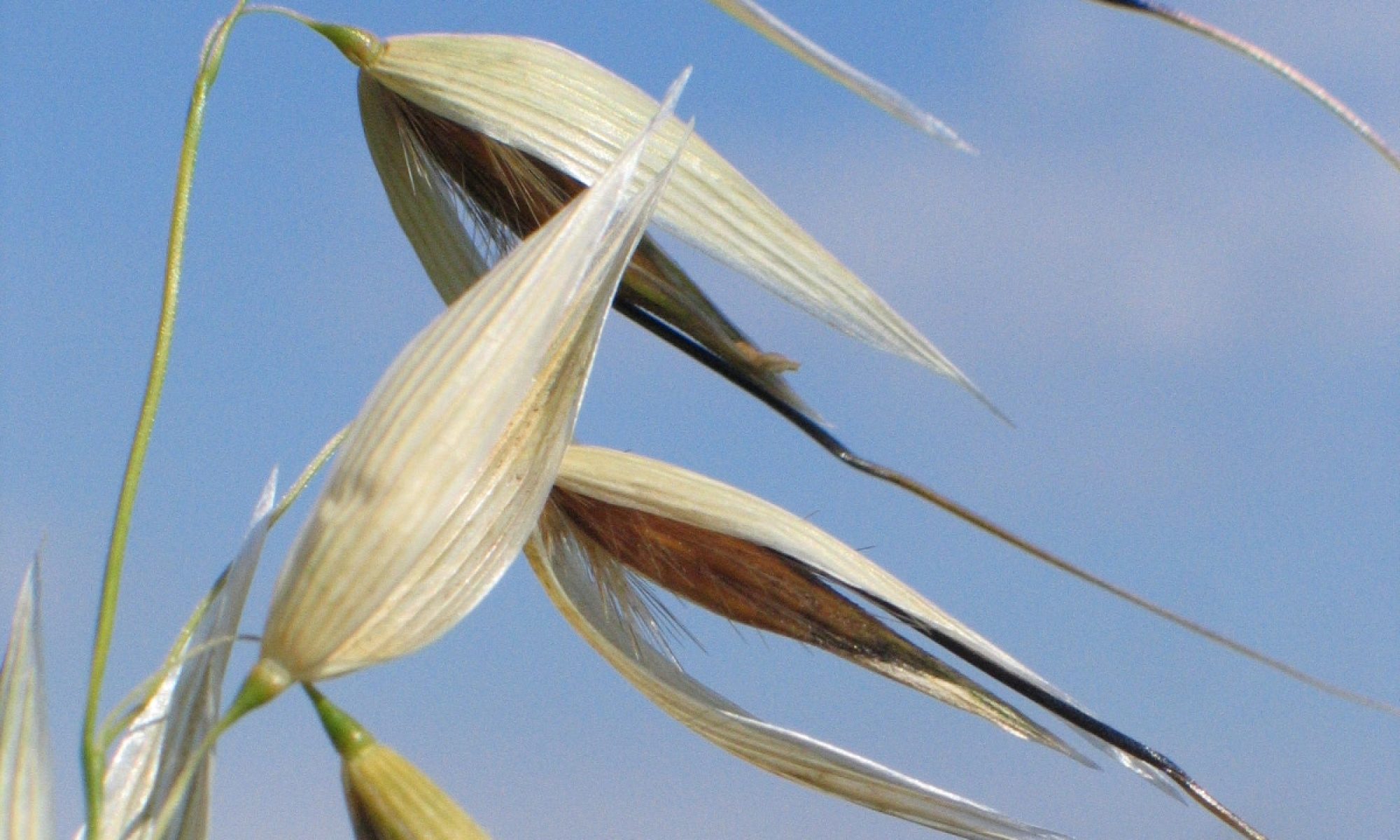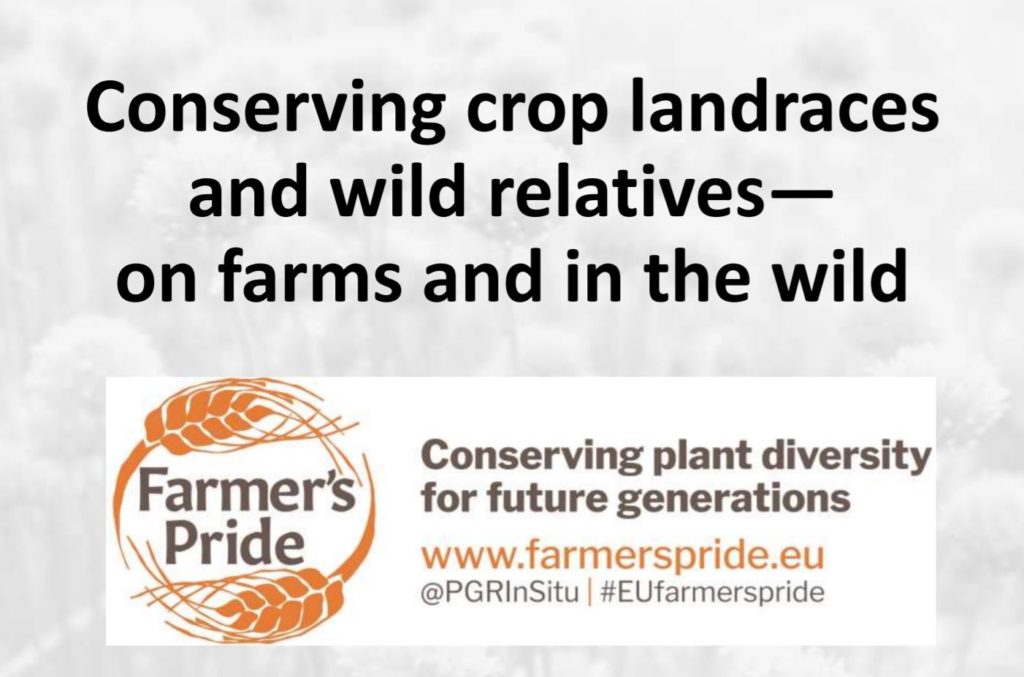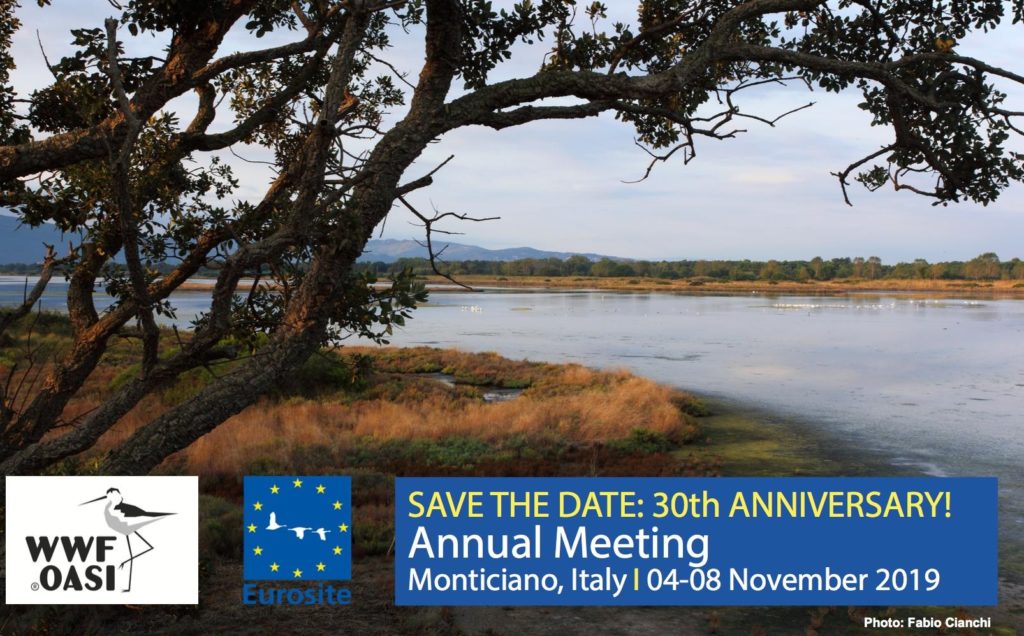Learn more about the Farmer’s Pride project from our workshops and presentations.
Eurosite/ Farmer’s Pride Webinar: Crop wild relative conservation – adding value to Europe’s natural sites
Eurosite hosted a webinar in June 2020 to highlight the value of crop wild relatives in a European and global context and to explain which species are a priority for conservation in Europe and why. Crop wild relatives (CWR) are wild plant species that provide vital diversity for adapting and improving our crops – particularly in the race to combat the adverse impacts of climate change on agricultural production systems. Farmer’s Pride project research has shown that a significant number of CWR species occur within protected areas in Europe, including at least two thirds of the highest priority species in need of conservation action in the region.
Presentations and the Q&A report can be accessed here
A presentation to the Euroseeds 2020 Congress by Shelagh Kell and Nigel Maxted of the University of Birmingham, UK.
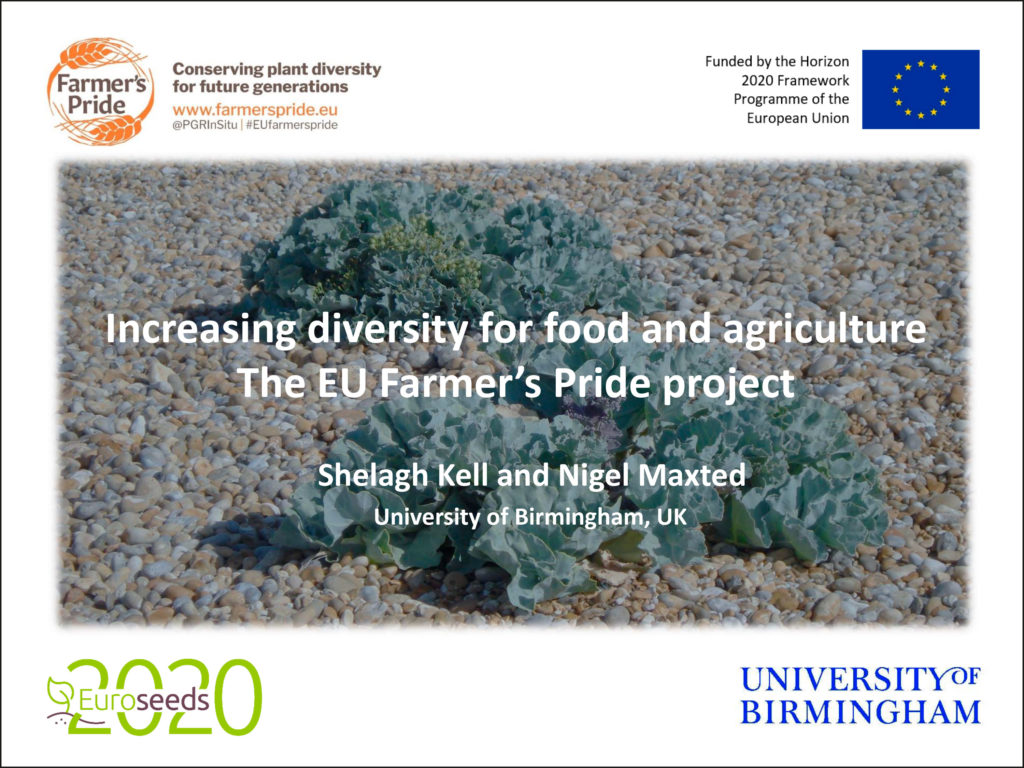
Professor Nigel Maxted of the University of Birmingham and Coordinator of the Farmer’s Pride project, discusses the importance of agrobiodiversity and its role in helping safeguard food security in the face of climate change.
‘Conserving Crop Landraces and Wild Relatives’ session at the Oxford Real Farming Conference, Oxford, UK, 9 January 2020
5–7 November 2019; a presentation by the project coordinator at Eurosite’s Anniversary Annual Meeting in Monticiano, Italy.
Stakeholder Workshops
The first Farmer’s Pride workshop was held in Denmark in October 2018 and was hosted by Danish Seed Savers. Fifty-six participants representing a diverse range of stakeholder groups convened to discuss and develop the concept of the European network for in situ conservation and sustainable use of PGR; make recommendations for its structure and functioning; and prepare a roadmap for next steps in its development. You can read the report of the first workshop proceedings here.
The second workshop was held on the Greek island of Santorini in October 2019. Sixty-two participants discussed standards and procedures for inclusion of crop wild relative and landrace sites/populations in the European network; the elements required for improving access and increasing the use of in situ diversity; network governance; the advocacy and communications required to establish the network; and a roadmap for the final year of the project. You can read the report of the second workshop proceedings here.
